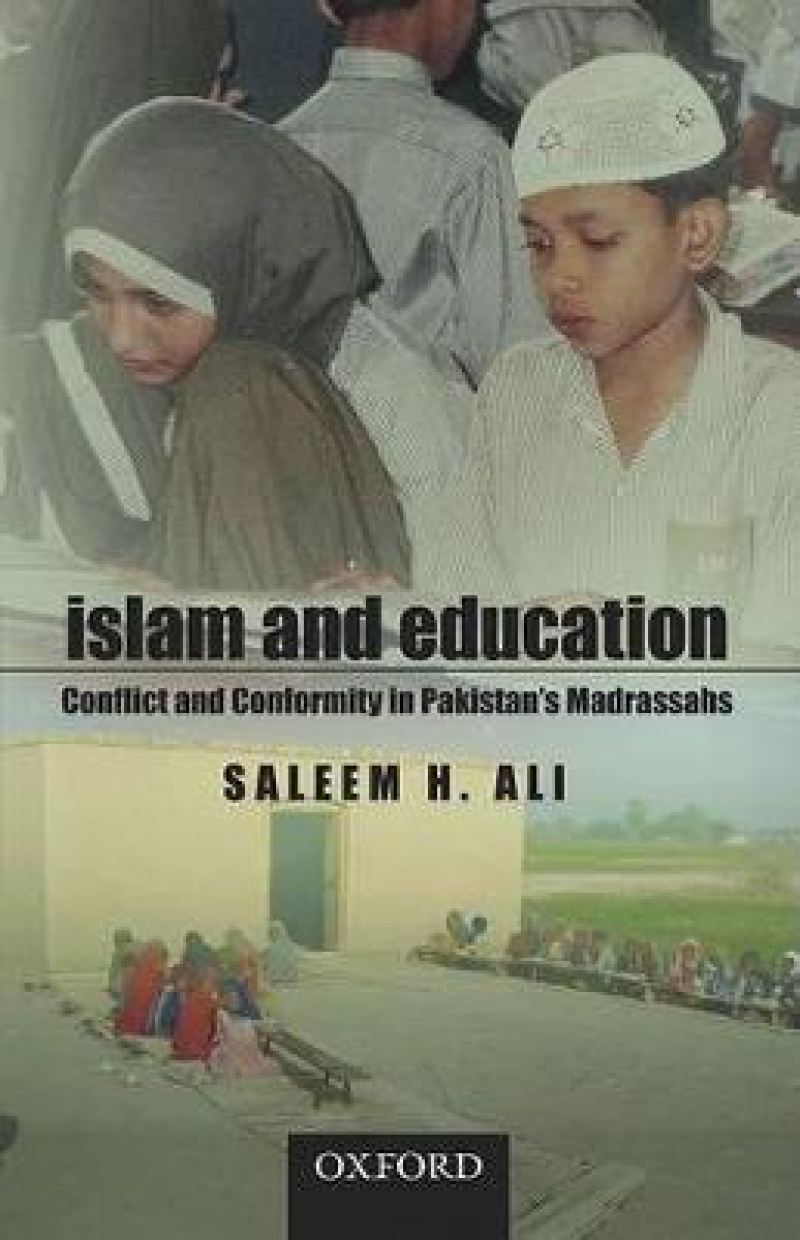Saleem Ali has brought together a great deal of useful information
Francis Robinson, Times Literary Supplement
This book makes a useful and important contribution to the body of writings, growing steadily since 9/11, concerned about linkages between madrasas and militancy.
Mohammad Talib, Journal of Islamic Studies
Islamic educational institutions have come under intense public scrutiny in recent years because of their perceived linkage to militancy. However, much of the research thus far has relied upon anecdotal accounts and investigative journalism. In particular, Pakistani madrassahs (or seminaries), have been the focus of much media coverage. This book aims to provide an empirically grounded analysis of madrassahs in Pakistan, thereby informing the larger discussion of the
role of Islamic education in conflict causality. Unlike earlier books that have focused primarily on the curriculum of madrassahs, this manuscript provides a comprehensive examination of Islamic education as an integrated social movement. The ultimate aim of this study is to prevent the escalation
of existing regional conflicts as well as the perceived conflict between Islam and the West, while providing guidance to policy makers regarding their attempts to reform educational institutions.
Les mer
An empirical study of madrassahs in Pakistan focusing on two case studies; Islamabad and southern Punjab. In addition, the book considers the questionable linkage between Islamic education and conflict from a theological as well as historical perspective. The author concludes with a clear set of policy recommendations for Muslim and non-Muslim constituents to reduce conflict escalation.
Les mer
PREFACE ; ACKNOWLEDGEMENTS ; (5 YEAR-PLAN) ; BIBLIOGRAPHY ; INDEX
Produktdetaljer
ISBN
9780195476729
Publisert
2009
Utgiver
Vendor
OUP Pakistan
Vekt
434 gr
Høyde
227 mm
Bredde
147 mm
Dybde
18 mm
Aldersnivå
UU, UP, P, 05, 06
Språk
Product language
Engelsk
Format
Product format
Innbundet
Antall sider
228
Forfatter
